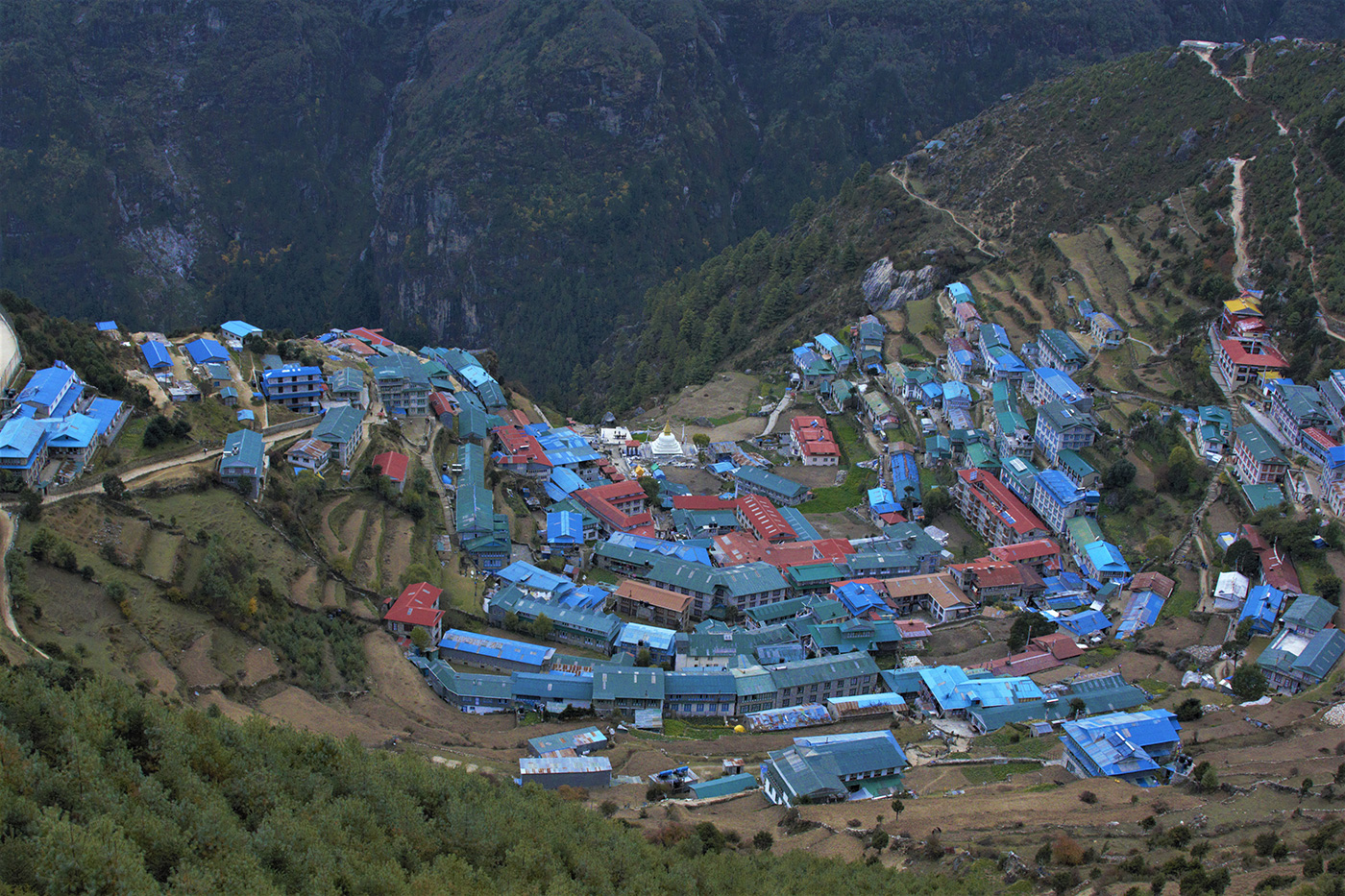Adjusting To Nepal
- Affection between men and women, even married, is selfdom expressed. Public kissing, hugging, and hand- holding are offensive to most Nepalese and a sign moral. But it is acceptable for two men to walk hand in hand.
- Anger is best not expressed openly. It causes you and the person you’re mad at loss of face.
- Baksheesh is an extra payment for a service performed and is usually given to porters or laborers at the end of the job. It can be money or clothes or anything else and there is no set rate.
- Bargaining is to be expected. Don’t bargain if you’re not really interested. If your price is accepted, don’t try to back out, and don’t try to get an even lower price.
- Bathing in the hills is very conservative. Men should wear shorts; women should wear a lungi pulled up under the arms.
- Children are spoiled crazies. Don’t be surprised if you are the center of attraction everywhere.
- Clothing is conservative. Men should not go bare- chest and shorts should be conservative. Women should avoid bare shoulders halter tops, and shorts. Ties and suits are not necessary except for special occasions.
- Conversations may have ‘dead’ patches. Nepalese are not uncomfortable with silence.
- Cows are sacred. They go and sleep where they want. Watch out for them if you must stretch them out while sitting on the floor. Never step over anyone, and always move your feet let people avoid stepping over you.
- Gifts are rarely given and seldom opened in front of the person who has given it.
- Heads are sacred and should be treated with respect. Never should be treated without respect. Never take who has given it and never take a topi (hat) off a man’s head, even in fun.
- Invitations often arrive at the last moment. Don’t be surprised or offended, it happens to everyone. If you’re busy, even a short appearance is enough.
- Jutho (impurity) refers to food that is ritually polluted and therefore inedible; any food which has come into contact, either directly or indirectly with the month becomes jutho.
- Left hands are used for cleaning oneself after going to the toilet. It is never used to pass or accept things, whether food at the table or money with a shopkeeper.

